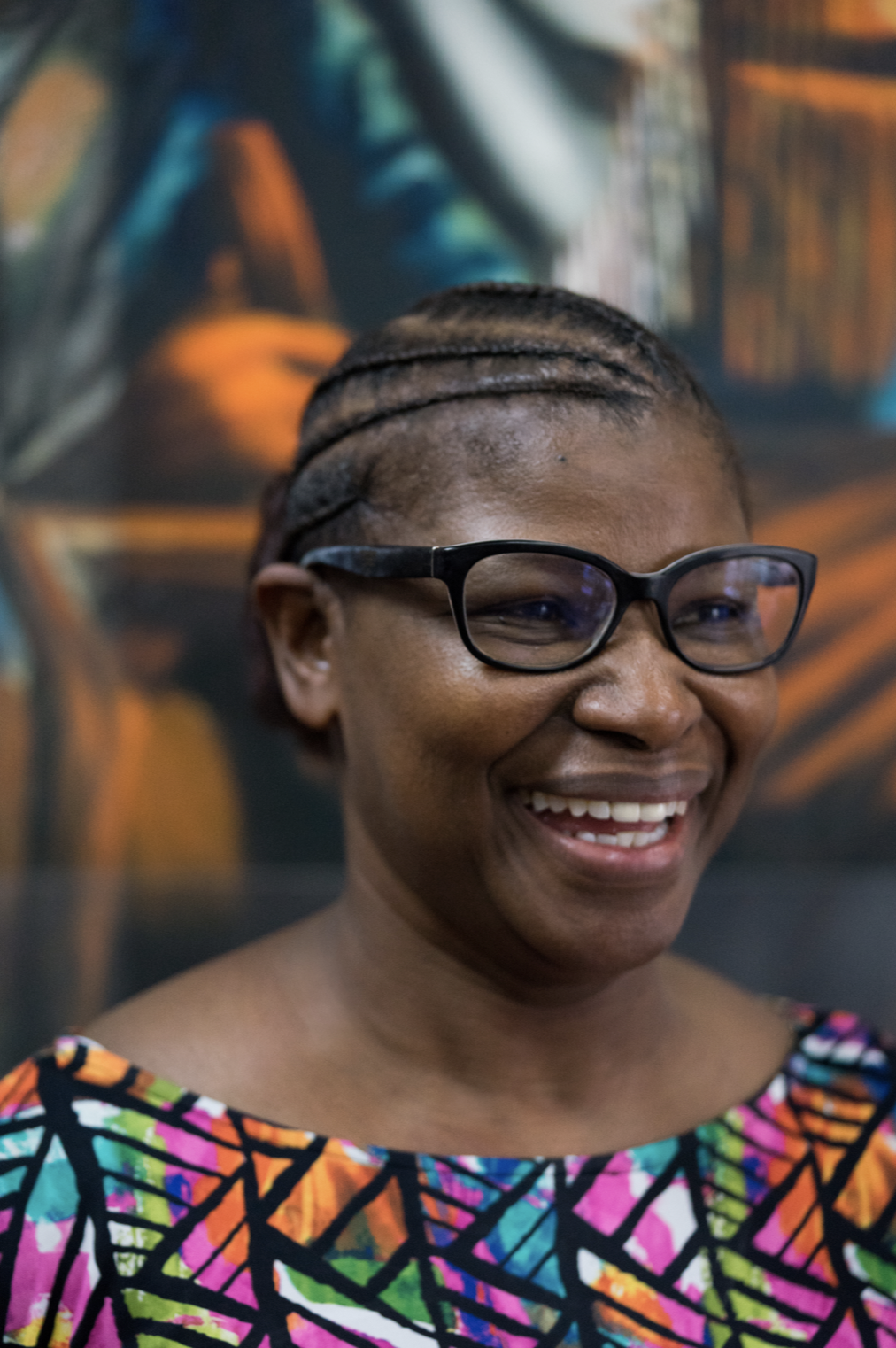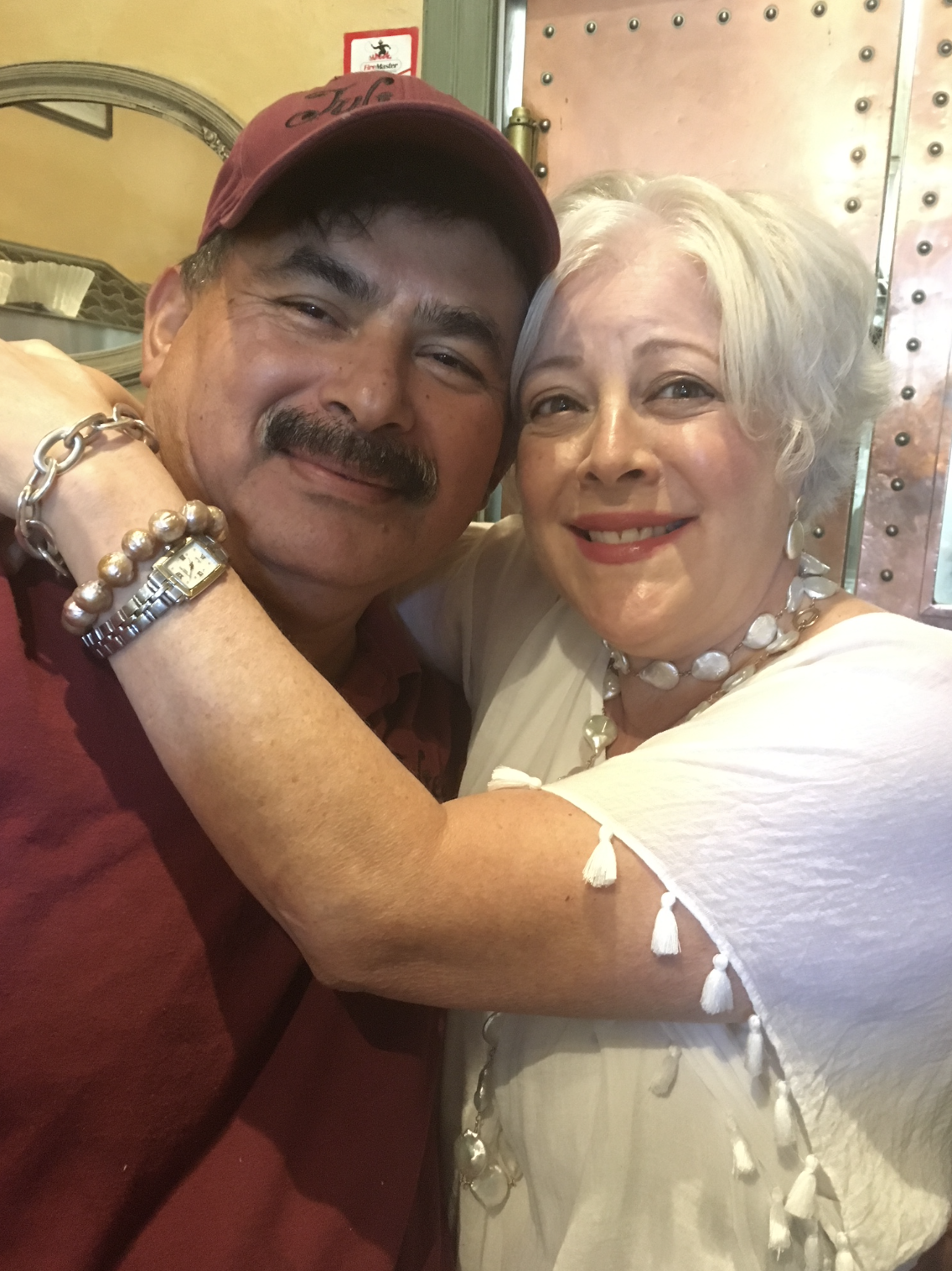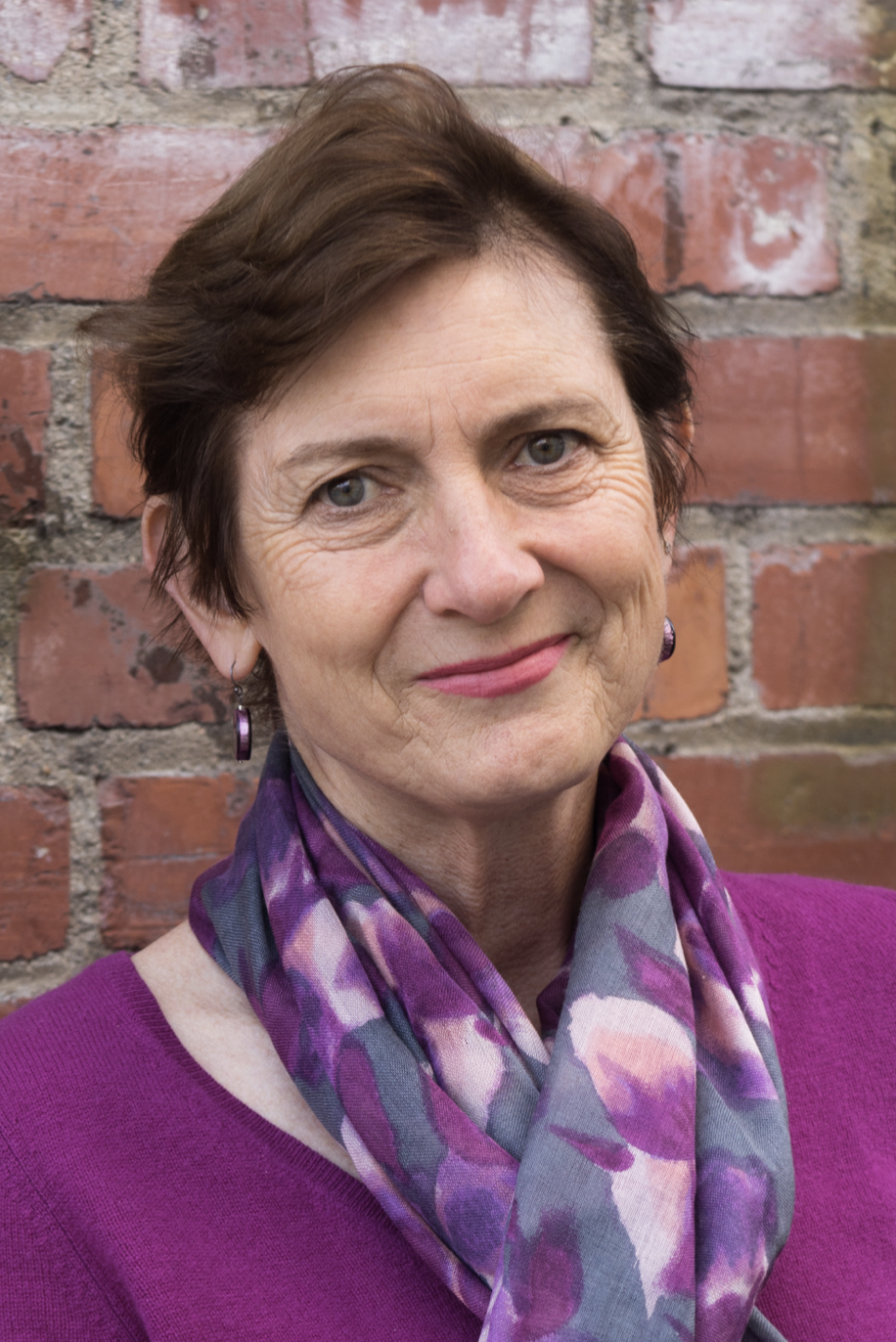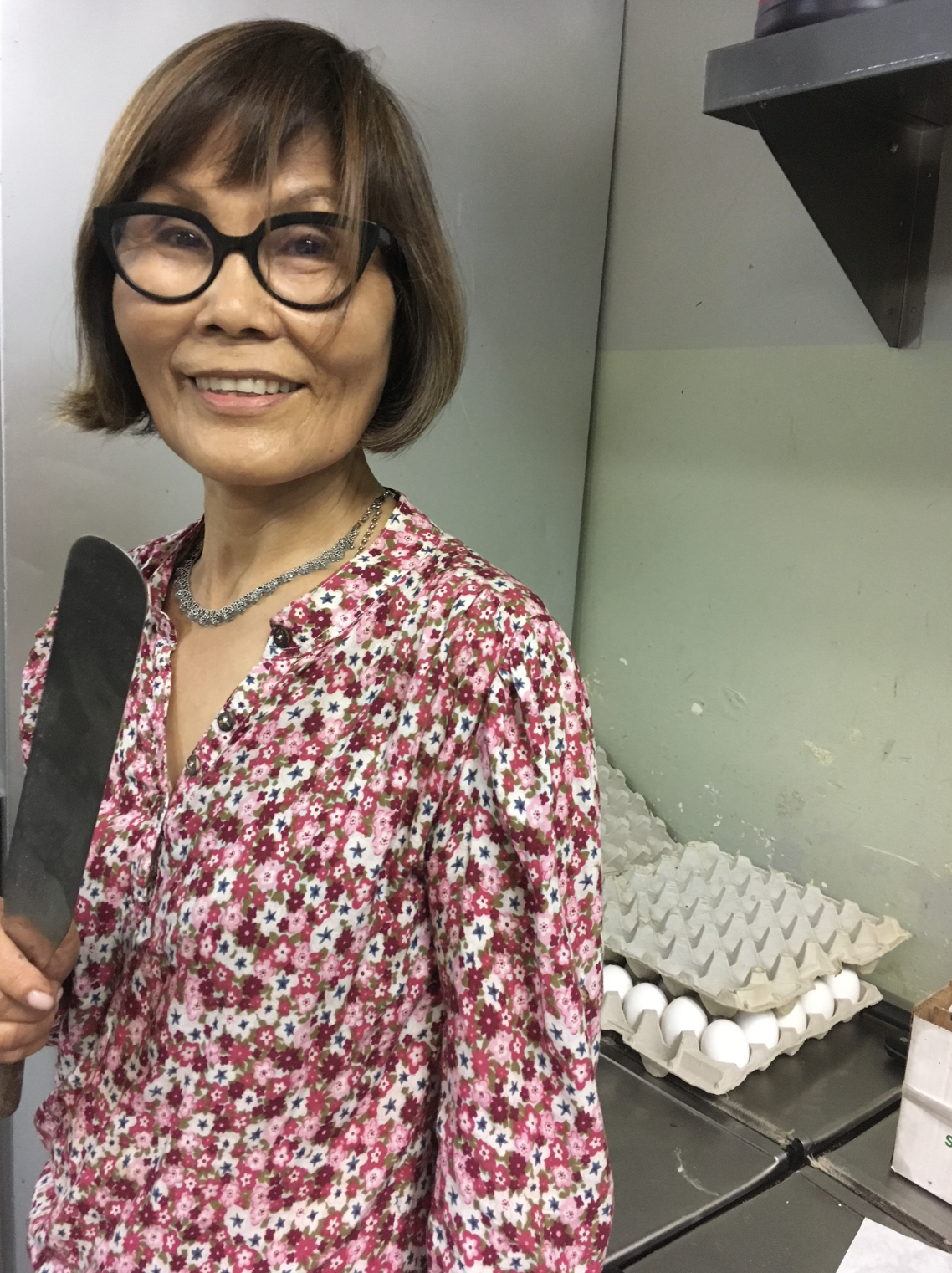To move freely you must be deeply rooted.
Bella Lewitzky
I’ve learned that change is a process that happens over time. Sometimes it seems to lie dormant, then it emerges, then it seems to stop, then it seems that all of a sudden—there it is.
Sue Kujawa
Retired director of Mother’s Club, now Families Forward. From Why Do You Do What You Do?,
published by the Durfee Foundation
In August of 2017, Sumi Chang sold Europane--a beloved Pasadena bakery and community center. Years ago, Sumi baked our wedding cake and delivered it personally. She welcomed a newly retired friend of mine as a volunteer baker into her kitchen. I saw her sweep the crumbs off the floor after a particularly rambunctious group of toddlers left; she treated her staff with unfailing kindness. With seeming effortlessness, she created a common table for us all. As the first to create beautifully crafted pastry and bread in this area, she paved the way for an exuberant and growing generation of local food makers. When telling friends about her decision, I heard many variations of what I would describe as the sound of loss: a deep intake of breath, then “oh no”, "why?" and "are you sure?”
Ships Coffee Shop in west Los Angeles, circa 1980
My 90-year-old mother speaks about the closing of Ship’s Coffee Shop as a form of psychic homelessness. For many years she went to this spot daily for oatmeal, coffee and toast. She has always been a socially adept loner--a person who needs interaction, but in small doses. The coffee shop hit all the buttons for her as it does for many of us.
I understand from her and from Sumi Chang and the Europane community that certain places own a greater part of our souls than we might realize.
This week’s post found its form through a series of conversations about legacy, primarily with food makers whose common thread is a deeply personal commitment to the art and craft of what they do. What do they consider to be their work’s legacy? What do they believed is non-negotiable and how do they plan to steward this legacy?
Ficus Tree Root, Huntington Tropical Garden, Pasadena, California. Photo by Sally Krueger-Wyman.
A Tao of Legacy
As described by:
Julie Campoy, owner of Julienne Restaurant, San Marino, daughter of Julienne's founder, Sue Campoy
Sumi Chang, formerly of Europane Bakery, Pasadena
Zenobia Ivory, co-owner, Bonnie B’s Smokin’ BBQ Heaven, Pasadena
David Mas Masumoto, farmer and writer, Masumoto Farm, Del Rey
And Claire Peeps, Executive Director, The Durfee Foundation, Santa Monica
Top Line: Zenobia Ivory, Claire Peeps, Bottom Line: Sumi Chang, and Julie with long time chef, Marcelino Dominguez. Photos of Zenobia and Claire by Sally Krueger-Wyman.
Passion is Transferable:
Very few had planned to enter the work that has become so closely identified with them. The confluence of family responsibilities or chance evolved over time into a sense of creative opportunity. Mas left his father’s farm for UC Berkeley as quickly as he could, knowing from hard work in the summers what farm life meant. Zenobia, a nurse and nursing instructor, agreed, along with her son Michael, to take on her family’s 45 years of barbeque making when her sister-in-law’s health failed. The Loma Prieta earthquake in San Francisco put an end to Julie’s promised management position at a large hotel in San Francisco.
So, I went home, I was sitting at that table and my mom said, “help that person,” and you know what? I never went back. I had to make 75 salmon in filos.
Julie Campoy
As an exchange student in Japan, I became interested in my family, in the small village where my grandparents came from and loved the farm. And the irony, while there, I wanted to work with my family.
Mas Masumoto
Continuity
In a sector known for its poorly paid, transient workforce, the opposite is true for these businesses. Marcelino Dominguez, head chef at Julienne’s has been there for 30 years followed by many others of 20, 15 and 10 years. When selling her business, Sumi advocated first for her employees, describing their experience and skill as core to Europane’s ongoing legacy as much so as her recipes. She waited for buyers with enough business acumen to assure continuity in her staff's employment. Mas is moving from seasonal clusters of workers to a regular team of three to four people who can be guaranteed ongoing work with decent compensation.
All relate to their customer community with specificity and affection. During interviews with Sumi, Zenobia and Julie, we were stopped continuously by friendly regulars. These regulars have scoped out particular tables and days, are known by name and carry with them a sense of belonging that rivals some families.
This community supported us when we were in dire straits as a family. We grew up here, our roots are deep. It has supported us—we are very grateful. Never take anything for granted.
Julie Campoy
Julie with Norm, a Julienne regular.
Mas’ connections extend from his ongoing and personal relationships with chefs--most notably Alice Waters--to a growing legion of peach and nectarine adopters who commit to paying for the care of trees and then harvesting their bounty; and to a wider distribution to organic retail stores. Despite its relative smallness, the Masamoto farm is building a new model for food that is grown and shared.
An authentic path is rarely straight
The tenets of business--efficiency, cost savings, scalability--are challenged by the expressed values of passion, the process of “organic” growth and investment in employees. Peaches are picked when ripe; crops are grown without fungicide; a sauce is on slow simmer; the pastry is rolled by hand; growth is restrained by the requirements of quality.
I never had a business plan, I never mapped out that we were going to farm organically – partly that is the joy of it--you are following your interest.
David Mas Masumoto
You know what? It’s the sauce, the barbeque sauce. We actually make our own sauce back in the kitchen. We don’t put it in a pressure cooker; we are literally standing over the stove with our own ingredients for five or six hours.
Zenobia Ivory
I am most proud of the employees. It is a collective effort and key to our reputation for quality and consistency.
Julie Campoy
Work ethic first and foremost, doing what is right, no short cuts, a sense of the community.
Julie Campoy
Ficus tree root, Huntington Tropical Garden. Photo by Sally Krueger-Wyman.
A Tao of Letting Go
I often whisper to myself, “This farm is going to kill me.”
David Mas Masumoto
from Wisdom of the Last Farmer: Harvesting Legacies from the Land
I do think the organizations with sturdy legacy have a strong heart and culture. The people remaining still love and revere their former leadership.
Claire Peeps in speaking about her experience with nonprofit leadership transition
For many I spoke with, the entrance into their life’s passion was more kismet than intention, but the sense of stewarding legacy is deeply felt by all and is based on a number of considerations; How do I leave? Is there someone to carry the “basket”? Are the qualities and essence of my legacy worthwhile, transferable and therefore enduring?
Julie ensures the continuity of her mother’s legacy by recognizing and exemplifying values that read like the mission of a nonprofit. She is balancing the commitment to tradition with careful expansion and additions to the restaurant.
Julienne values on the wall of the office.
Mural of Bonnie B’s family members beginning third from the left: Clarence Henderson, Bonnie Henderson, Dr. Geller (stepfather to Bonnie and Clarence), Moms/Joy Henderson Geller (mother of Bonne and Clarence, grandmother of Michael). Photo by Sally Kreuger-Wyman.
Sumi Chang in her civilian clothes and her favorite tools of the trade from her Europane days.
Six months after the sale of Europane, I received a note from Sumi.
We are in Dalat Vietnam. What beautiful people. I am enjoying their smiles and hospitality. Dalat’s weather is cool and breezy. We are going to visit a flower farm and a coffee farm. We love this city.
Yes, I will give you any recipe you want. I would love to share one of my favorite recipes with my dearest customers. I appreciated so much their loyalty. Also, one of my favorite kitchen tools is a mini spatula.
P.S. I will be back in PASADENA on Feb. 6
xo, Sumi
Nikiko and Mas Masumoto at the Masumoto farm, photo courtesy of Valley Public Radio.
And Mas is now redefining succession as partnership and transition with his daughter Nikiko, also a graduate of UC Berkeley who returned to the farm after being given the choice to leave. They are involved in a delicate dance of relationships, father/daughter, partner/boss. The legacy of the Masumoto family lies in an understanding that continuity means welcoming change. Mas’ father took a chance on his son’s commitment to farming organically. Mas is welcoming Nikiko’s understanding of newer platforms for communication. Together, they are searching a balance between the physical demands of farming organically with a desire for a rational workload.
You must live life with the full knowledge that your actions will remain. We are creatures of consequence.
Zadie Smith
For this week’s post, I leave you with some tangible forms of legacy.
Sumi did make good on her promise and generously provided me with some of her earliest and most loved recipes: Pear Cake and Bread Pudding.
For more cooking pleasures, Celebrating with Julienne by Sue Campoy with Julie Campoy
and The Perfect Peach by Marcy, Nikiko and David Mas Masumoto
For a completely satisfying read:
Wisdom of the Last Farmer: Harvesting Legacies from the Land by Mas Masumoto
And last of all, Peter Drucker’s groundbreaking article, What Businesses Can Learn from Nonprofits
Like father, like son--pie bakers John and Eric Callow.
















